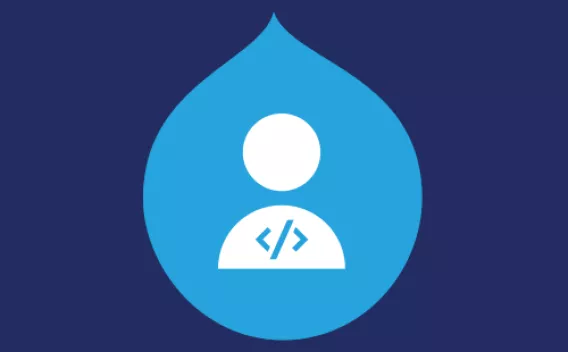Last week I had the great opportunity to go to the W3C Multilingual Web Workshop in Rome. It was a great gathering of standards crafters (from W3C, OASIS, etc.), service providers, academia, EU institutions and implementors.
A wide range of topics were covered. For example, who would have thought representing human names properly is even bigger a problem than date formats. With social services and highly tailored textual feedback these days, this is an important area. I also got insight into the latest thinking on machine translation, and how it is possible to get great results in specific cases and hard to use in others. Poster presenters, such as Easyling (fellow Hungarians) showed interesting new thinking and tools for translation. There were great use case presentations from poetry translation to showing the Spanish tax office and the Food and Agriculture Organization multilingual site redesign.
Between all these, I even had great discussions with attendees about Drupal based multilingual implementations, such as the massively multilingual World Food Programme. I represented the Drupal community - or so I thought, talking in my session about different multilingual challanges we faced when building Drupal the software as well as providing tools for site builders to create multilingual sites. Turns out Drupal got a much bigger representation. There were several people from one of our partners Cocomore AG talking about and demoing the cutting edge Internationalization Tag Set (ITS) 2.0 Drupal implementation (the standard is just being released) and the business case behind it as well as Bryan Schnabel talking about practical use of the XML Localization Interchange File Format (XLIFF) bindings for Drupal. Check out the modules at http://drupal.org/sandbox/kfritsche/1908292 and http://drupal.org/project/xliff respectively and/or see the session slides.
I've had the chance to converse with people from all aspects of the multilingual space and I came back with a very good feeling about our standing with Drupal, especially given our upcoming Drupal 8 release. Combined with the already great Translation Management Tools solution (once ported to Drupal 8), the new version will be very hard to beat in the multilingual space. From deep understanding of multilingual data to providing workflows and integration with third party translation services, it will be an amazing combination. Not that we have anything to be concerned with for Drupal 7, all the great features were demoed on Drupal 7.






